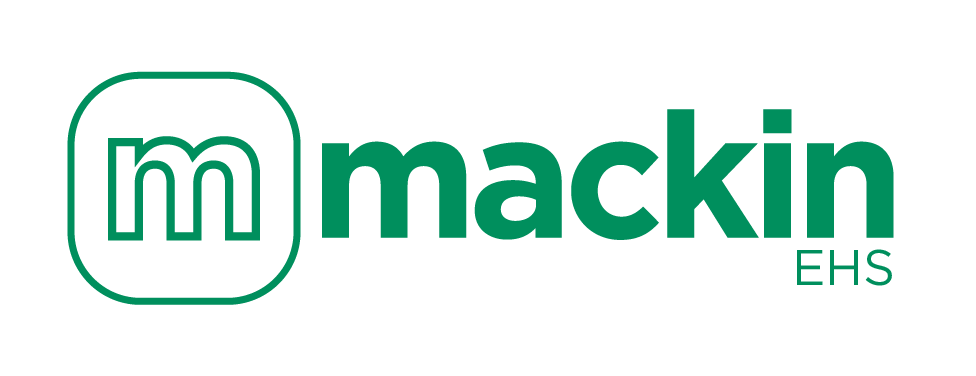ISO STANDARDS
ISO 9001 Certification
ISO standards are an international baseline that ensures the safety and quality of every item that we use. Beginning with weights and measures, standardisation has developed over a period of around 50 years into a set of regulations that encompasses everything from shoes to cars, and from toys to WiFi networks.
The International Organisation for Standardisation (ISO) is an international standard setting body that is comprised of representatives from various national standards organisations. It is the largest developer of international standards in the world and provides common standards between nations. These help businesses to increase productivity whilst minimising errors and waste.
As these standards make it possible to directly compare products from different markets, not only do they enable businesses to break into new markets, but they can help in the development of global trade on a fair and level footing. They also ensure that certified products conform to minimum standards that are internationally set.

ISO was founded with the idea of answering a fundamental question:
“What’s the best way of doing this?”
ISO Standards
ISO 9001:2015
ISO 9001:2015 provides a set of standardised requirements for a Quality Management System. It was published in September 2015, updating the earlier ISO 9001:2008.
This is the most popular standard in the ISO series and is the only standard that provides certification. Businesses use this standard to demonstrate their ability to consistently provide products and services that meet customer and regulatory requirements, and over 1,000,000 organisations globally currently hold certificates.
Key elements of the ISO 9001:2015
It provides a process oriented approach, (based on the ‘plan-do-check-act’ methodology), to the documentation and review of the structure, responsibilities and procedures necessary to achieve effective quality management in an organisation.
There are various sections of this standard that relate to different areas of business management –
- The requirements for a quality management system including the documentation of information, planning and determination of process interactions
- Responsibilities of management
- Resource management – including Human Resources and the work environment
- Product realisation –the steps from design to delivery
- Measurement, analysis and improvement of the QMS through internal audits and corrective and preventative action
Our dedicated team of professionals at Mackin can guide you through the ISO process and help you to gain certification and maximise your business potential by:
- Helping you to identify your business’s quality objectives
- Improving the level of quality across your whole business, from processes and systems to customer and employee care
- Increasing product quality and thereby customer satisfaction and fewer complaints
- Increasing employee morale by providing clear procedures and expectations, and actionable feedback on performance
- Maintaining focus with internal audits. This will help to maintain the quality of the business.
Should you require any further information regarding the benefits that these ISO standards can bring to your organisation please feel free to contact us
ISO 14001 Environmental Management Standard
ISO 14001 can be integrated with other standards such as ISO 9001 in order to provide synergy.
This group of standards relates to the way in which organisations can deal proactively with environmental management. It is designed to aid businesses of all types:
- Minimise the negative impact of processes on the environment
- Maintain compliance with the relevant laws, regulations and other environmental requirements
- Continually improve processes
- Inspire resource efficiency
- Reduce waste
- Reduce costs
- Increase new business opportunities
- Manage environmental organisations in a consistent manner
The requirements of this standard are an integral part of the European Union’s Eco-management and Audit Scheme.
It is known as generic management system standard, which means that it has relevance to any organisation that is seeking to improve and manage resources more effectively. These include:
- Single site to large multi-national companies
- High risk companies to low risk organisations
- The manufacturing, process and service industries; including local governments
- All industry sectors, both public and private
- Original equipment manufacturers and suppliers
ISO 14001 certification is voluntary, with the main aim being to aid companies to continually improve their environmental performance. Each organisation sets its own targets and performance measures; and the standard highlights the steps necessary to meet, monitor and measure the effects of these goals.
It is designed to focus on the organisation and can be applied across all levels, from the management levels down to the product and service levels.
If you think your business would benefit from adherence to ISO 14001 please feel free to contact us at Mackin, where our team of dedicated professionals are on hand to deal with all of your queries.
OHSAS 18001
OHSAS (Occupational Health and Safety Assessment Series) 18001, is a British standard for occupational health and safety management systems. It is similar to the ISO 45001 standard that was formed later by the International Organisation for Standardisation, but is more specific to industries in Britain.
It is a widely recognised and popular occupational health and safety management system, especially in the oil and gas industries.
Employers today face greater challenges than ever before, not only in the marketplace, but also in the field of Health and Safety.
There are:
- More vigorous health and safety regulations
- Greater penalties for negligence
- Rising compensation costs
- Costly medical claims
- Increasing rates of illness and injury
- Pressure to retain workers and ensure customer satisfaction
OHSAS sets out a preventative and proactive approach to occupational health and safety which involves identifying workplace hazards and both assessing, and controlling, risk. Its key elements are:
- Developing OH&S policy
- Planning
- Implementation of policy and plan
- Checking for problems and taking corrective action
- Review of management processes
- Maintenance of continual improvement
There are many benefits to be gained from certification to OHSAS 18001 standard.
They include:
- A reduction in lost working days due to ill health
- Fewer workplace accidents
- Fewer medical claims
- Recognition by insurers and regulators
- A more disciplined approach to safety
- Improved employee motivation, retention and satisfaction
- Reduced legal costs
- Less time and money spent on accident related investigation and paperwork
The requirements in OHSAS 18001 are intended to be incorporated into any OH&S management system. The standard is relevant to all businesses regardless of size or nature.
Employers who have adapted OHSAS 18001 have stated that it helps to promote greater employee awareness and understanding of health and safety in the workplace.
Contact us today to get further information regarding the benefits this ISO standard can bring to your organisation
ISO 27001
The ISO 27001 standard was published in 2005 and is the specification for as Information Security Management System. The objective of the standard is to “provide requirements for establishing, implementing, maintaining and continuously improving an Information Security Management System”. The adoption of this standard should be a strategic decision.
“The design and implementation of an organisation’s information security management system is influenced by the organisation’s needs and objectives, security requirements, the organisational processes used and the size and structure of the organisation.”
The 2005 version of the standard employed the ‘plan-do-check-act’ model to structure processes and reflect the principles in the OECG guidelines. However, the 2013 version places more emphasis on measuring and evaluating how well an organisation’s ISMS is performing. This release also included a section on outsourcing and greater attention was paid to information security in the context of the organisation.
The ISO 27001 standard provides a framework for information security management best practice
This helps organisations to:
- Protect client and employee information
- Manage risks to information security effectively
- Achieve compliance with regulations such as European Union Data Protection Regulation (EU GDPR)
- Protect the company’s brand image
The implementation of this standard has several benefits for your business:
- Keeps confidential information secure
- Provides customer and stakeholders with confidence in your risk management
- Allows for secure exchange of information
- Helps compliance with other regulations
- Manages and minimises risk of exposure
- Builds a culture of security
- Protects the company assets, stakeholders and directors
- Maintains consistency in the delivery of your product or service.
This standard is applicable to businesses of all types and sizes but especially to those where the protection of information is crucial – banks and other financial institutions; the health sector, public sector and IT.
For more information on gaining ISO 27001 accreditation, contact Mackin today

 Health and Safety Services
Health and Safety Services Remote Ergonomic Assessments
Remote Ergonomic Assessments ISO Standards
ISO Standards